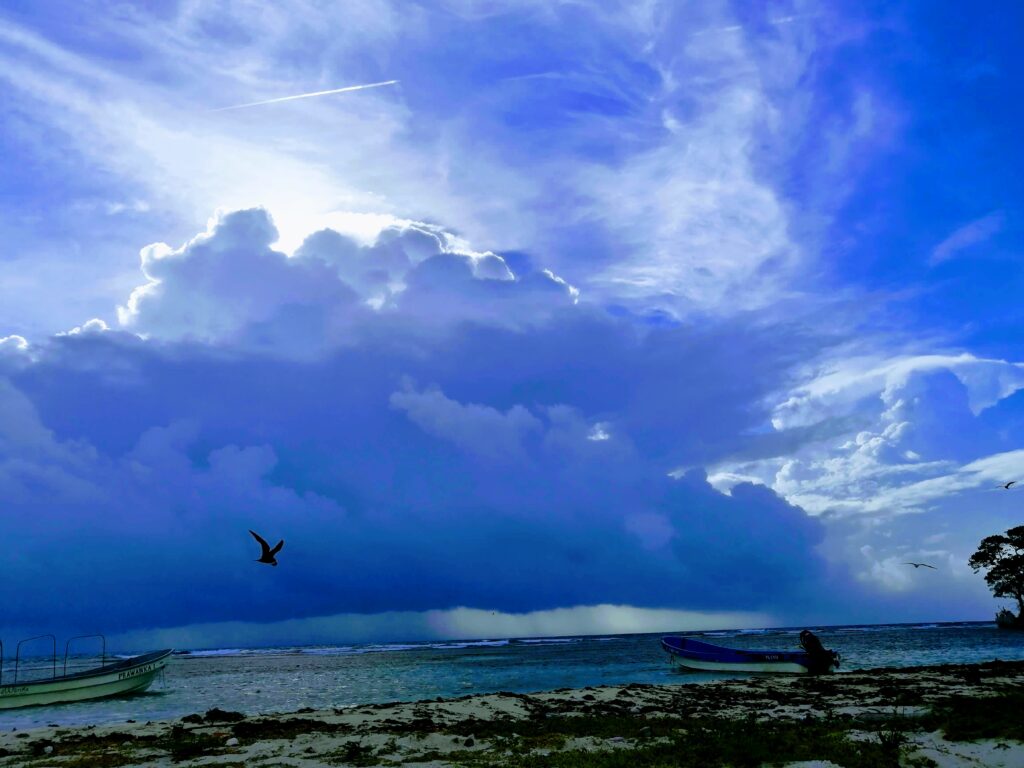About us
The Caribbean coastal region maintains high productivity and hot spots of marine biodiversity and provides ecosystem services such as fisheries and tourism. On the others hand, exists major pollution problems caused by agricultural runoff, poorly treated municipal wastewaters, and landfills.
The above conditions are primarily attributed to the ecological continuum from basins to coastal ecosystems, links determined by the interactions between climate, terrestrial systems, lagoon-estuary-continental shelf, water biogeochemistry, coastal physiography, freshwater wetlands, mangroves, seagrasses, coral reefs, oceanic currents, and human factors.
The local contamination or local stressors can exacerbate the effect of global stressors such as those associated with climate change, such as increased temperatures and acidification of the oceans, which can slow down the resilience of ecological communities, resulting in more significant disease incidence corals mortality or population decline.
Our research centers on our expertise in field monitoring in the catchment, estuarine, oceanographic environments including countering major coastal challenges, climate-related impacts throughout the Caribbean region.
Our work sees the integration from basins to coastal ecosystems through sustainable management.

